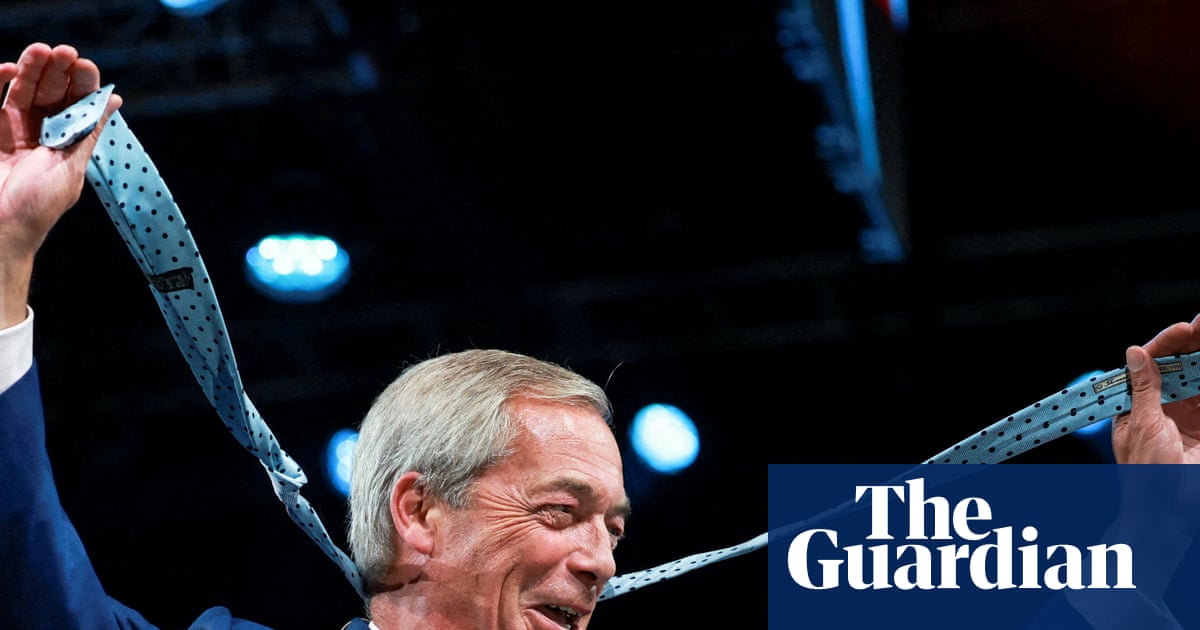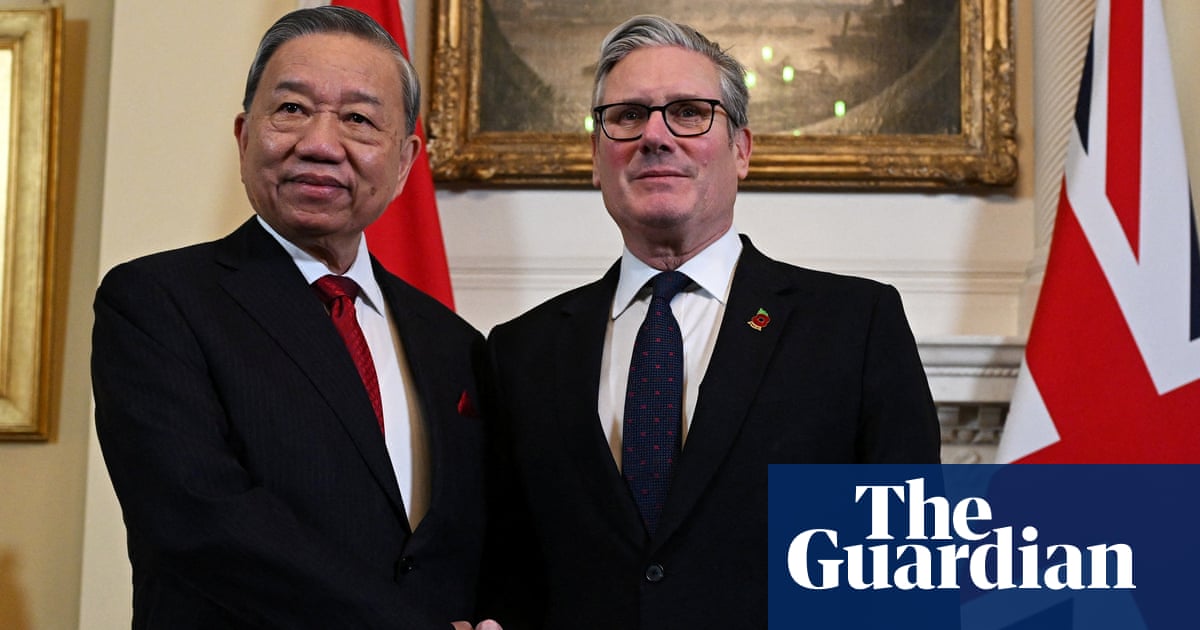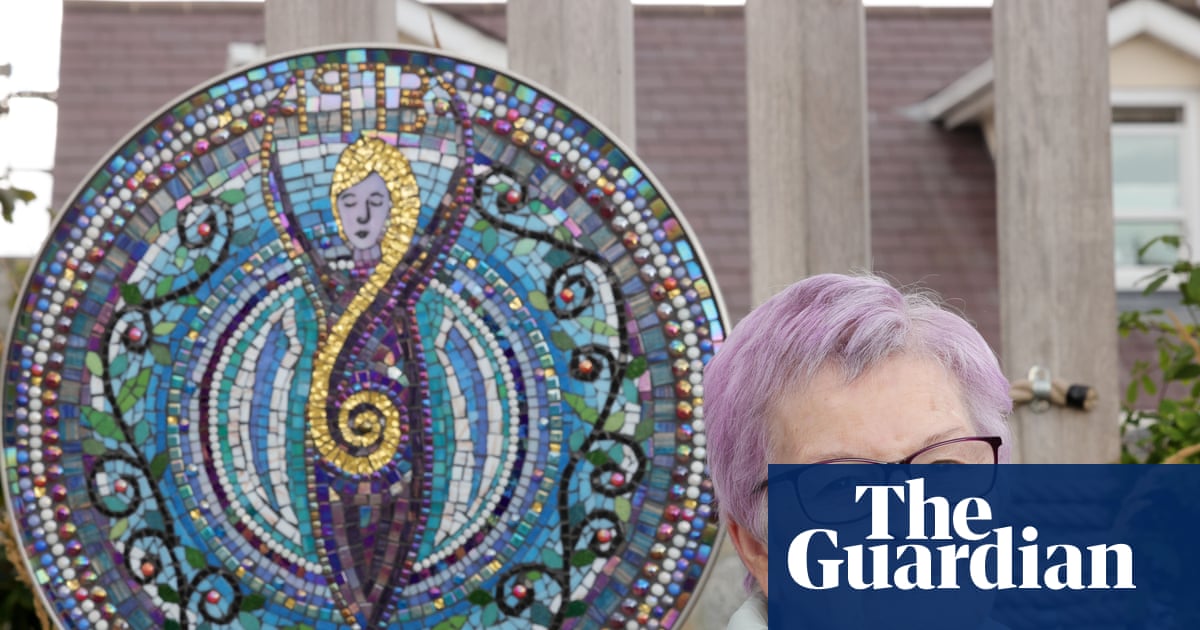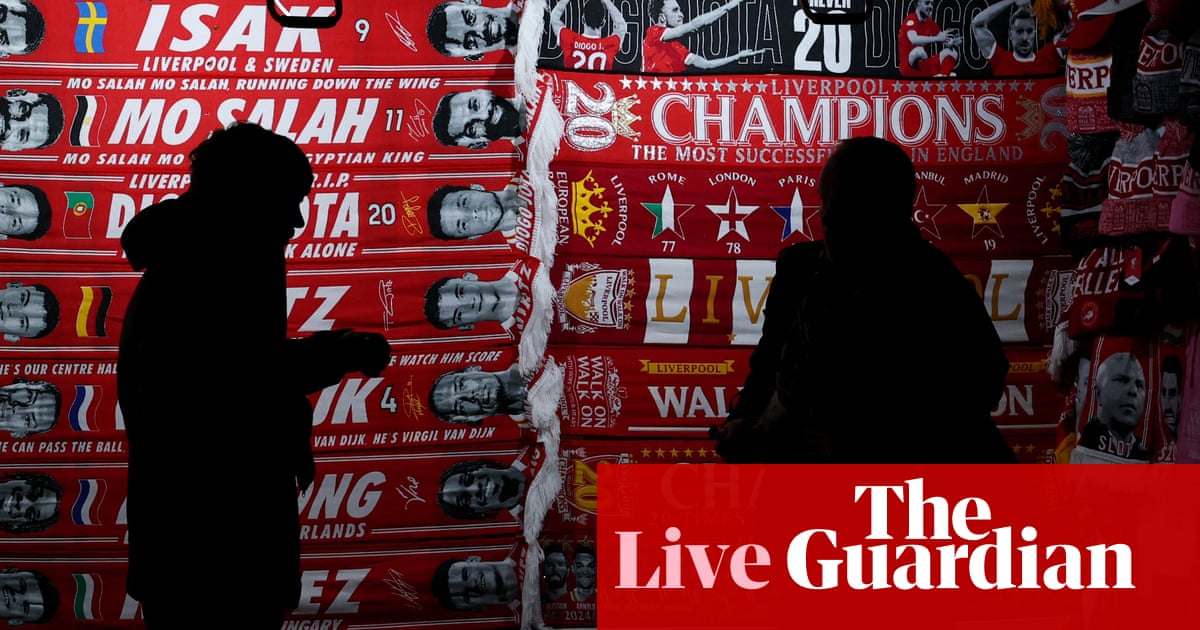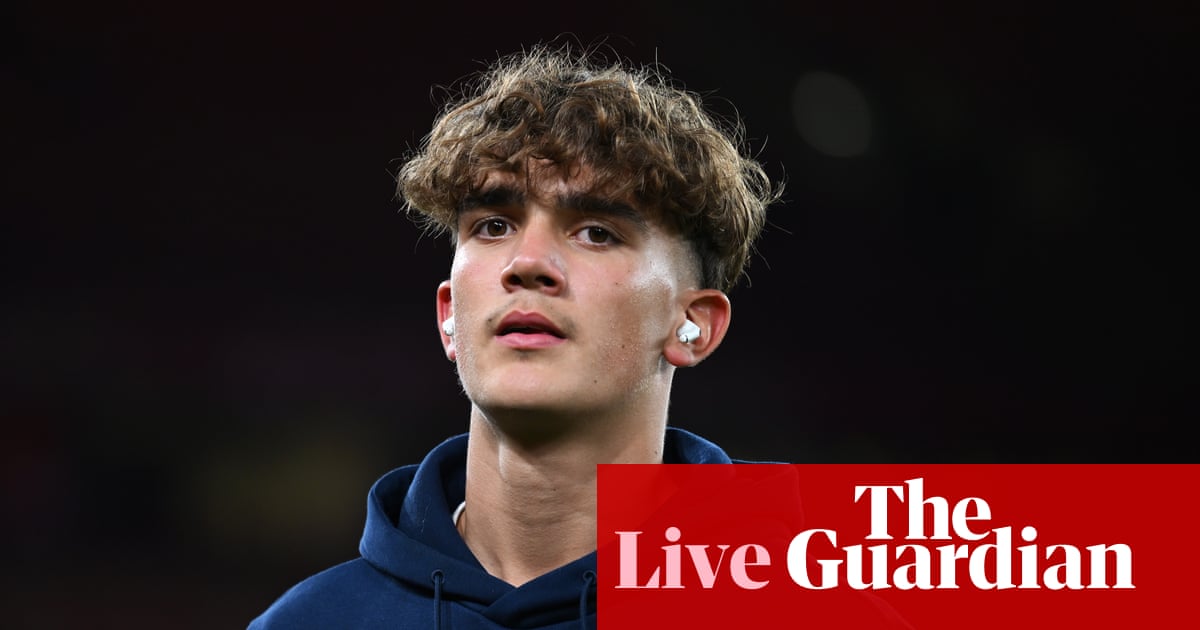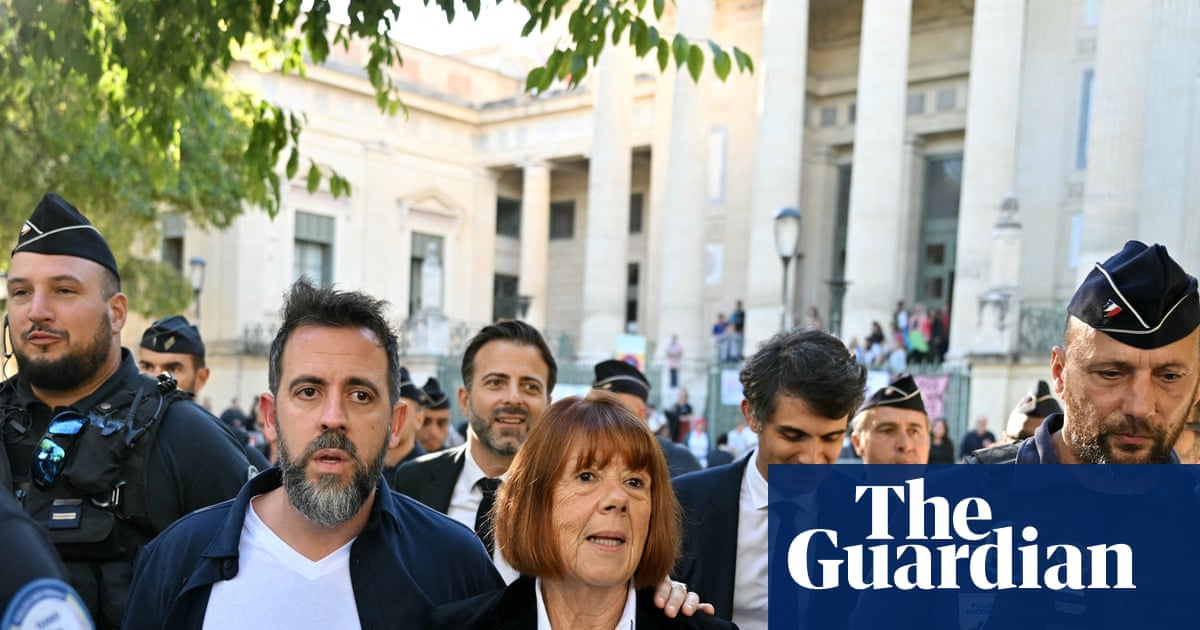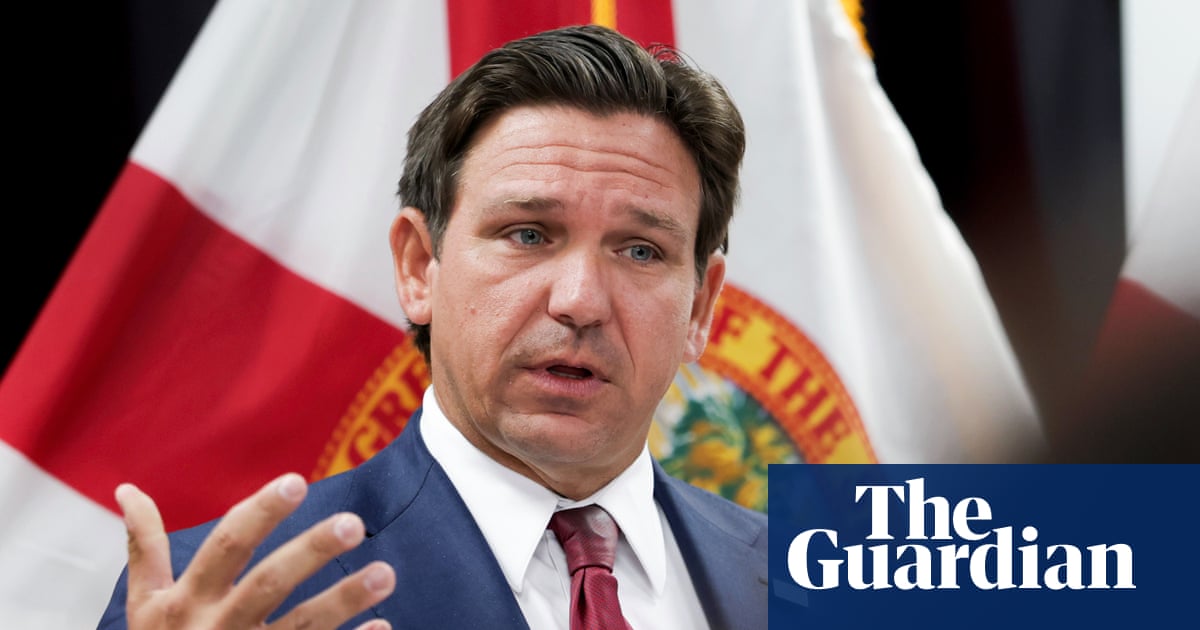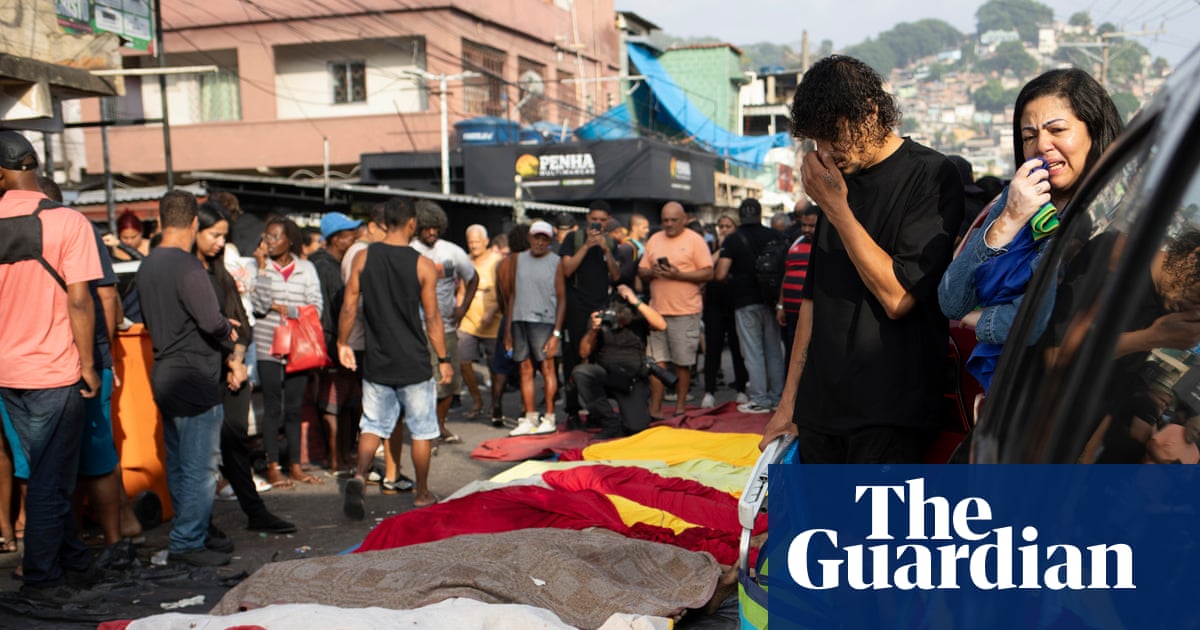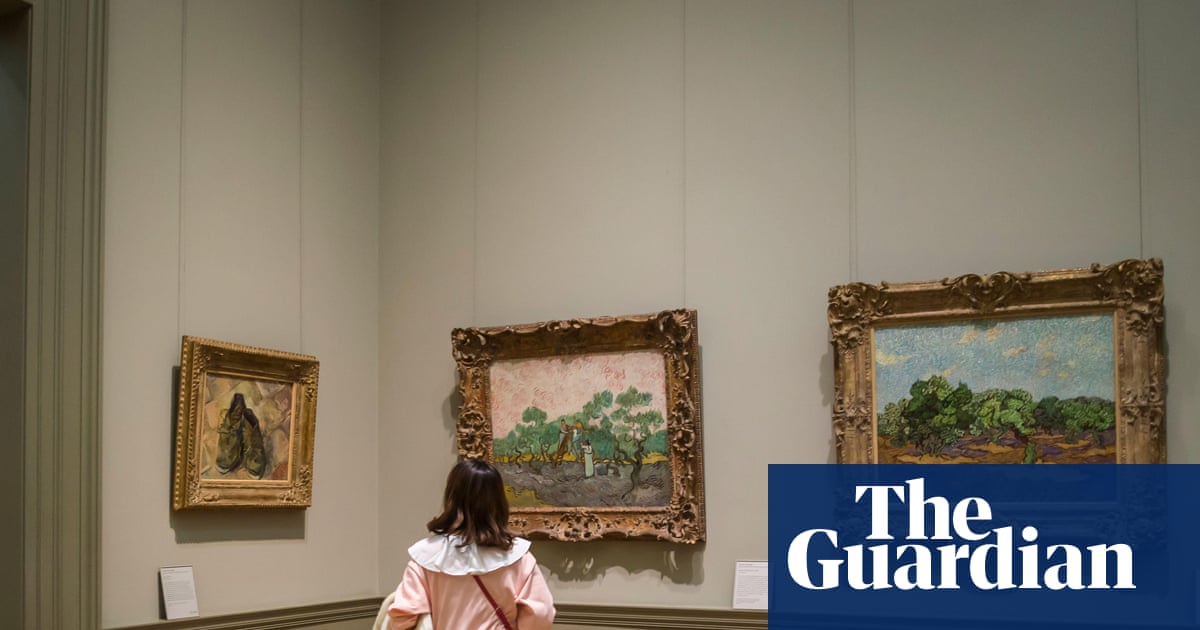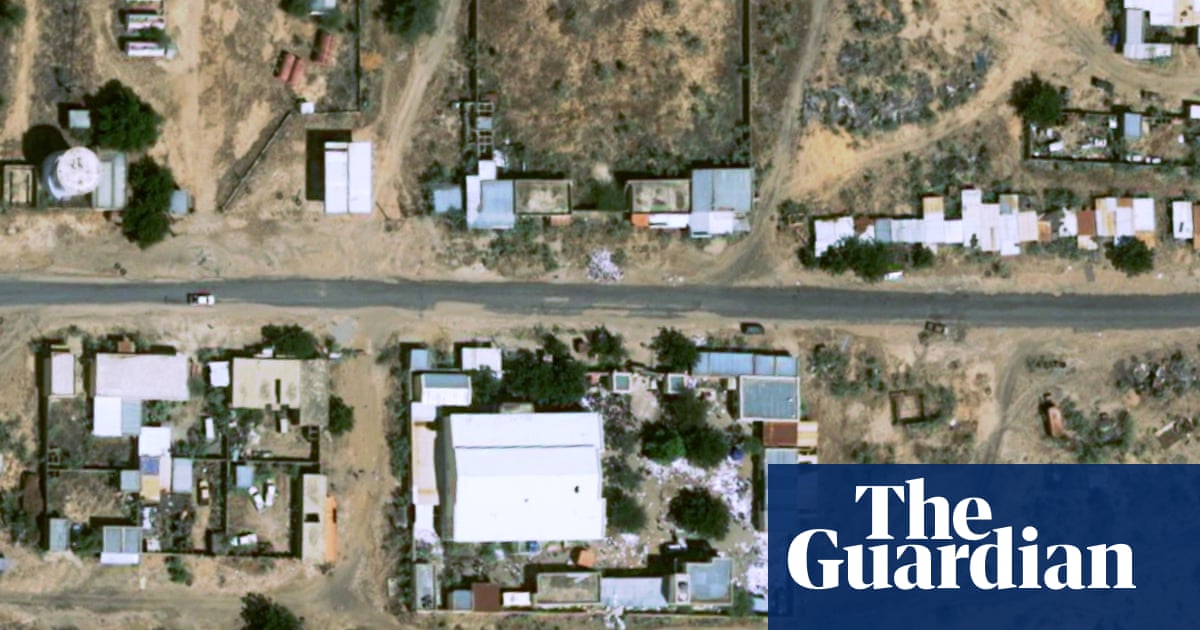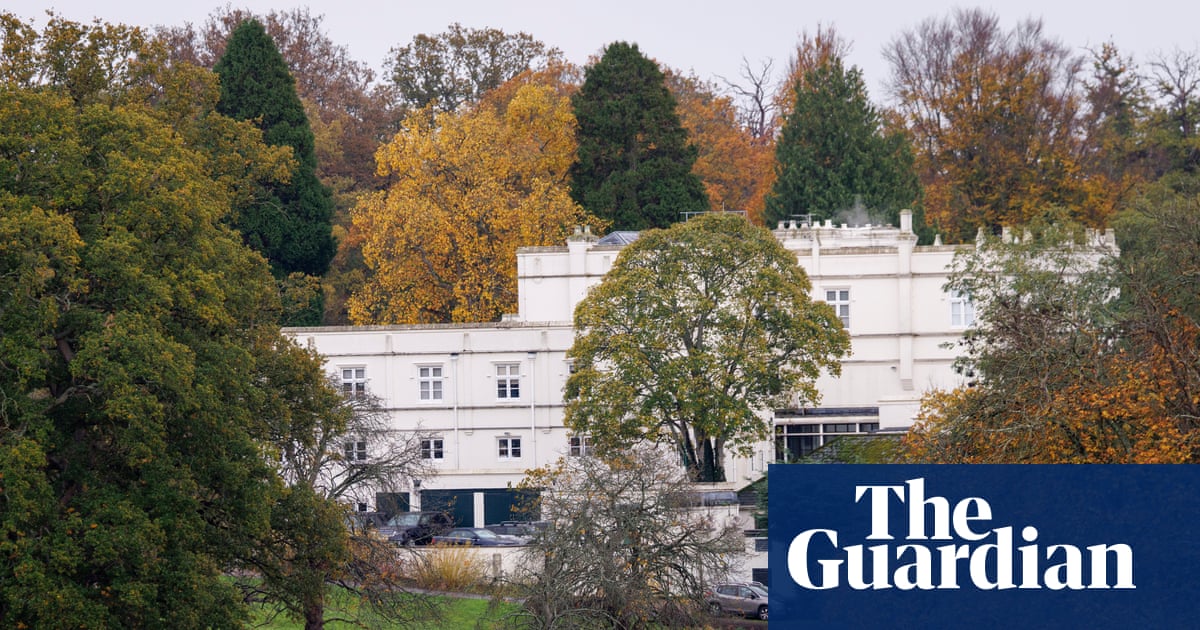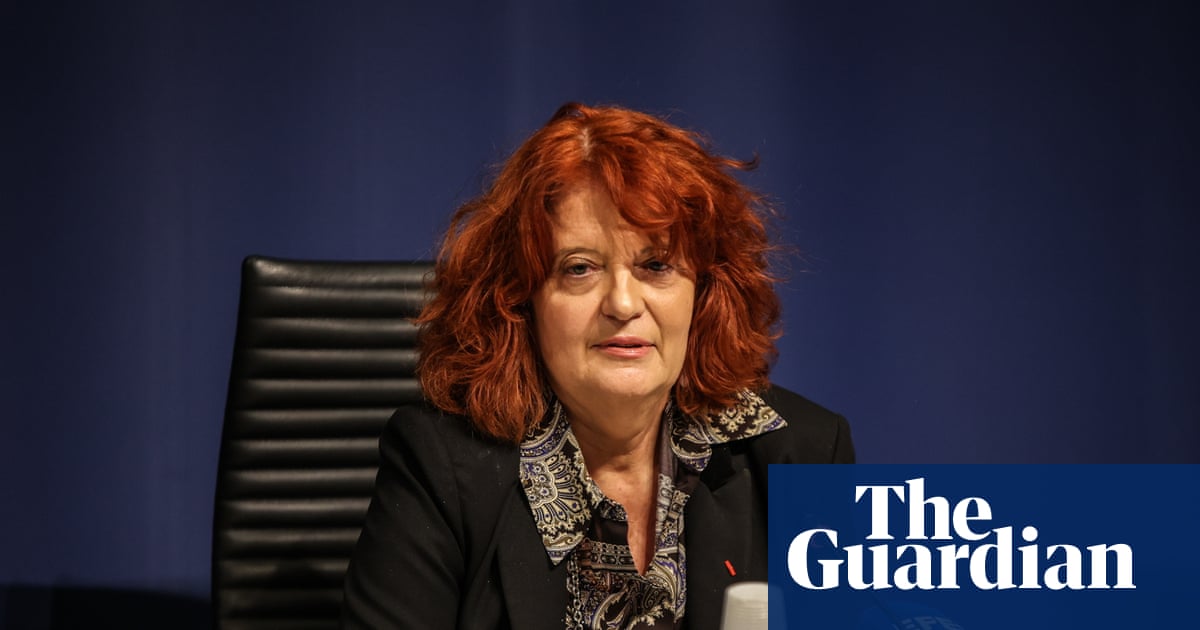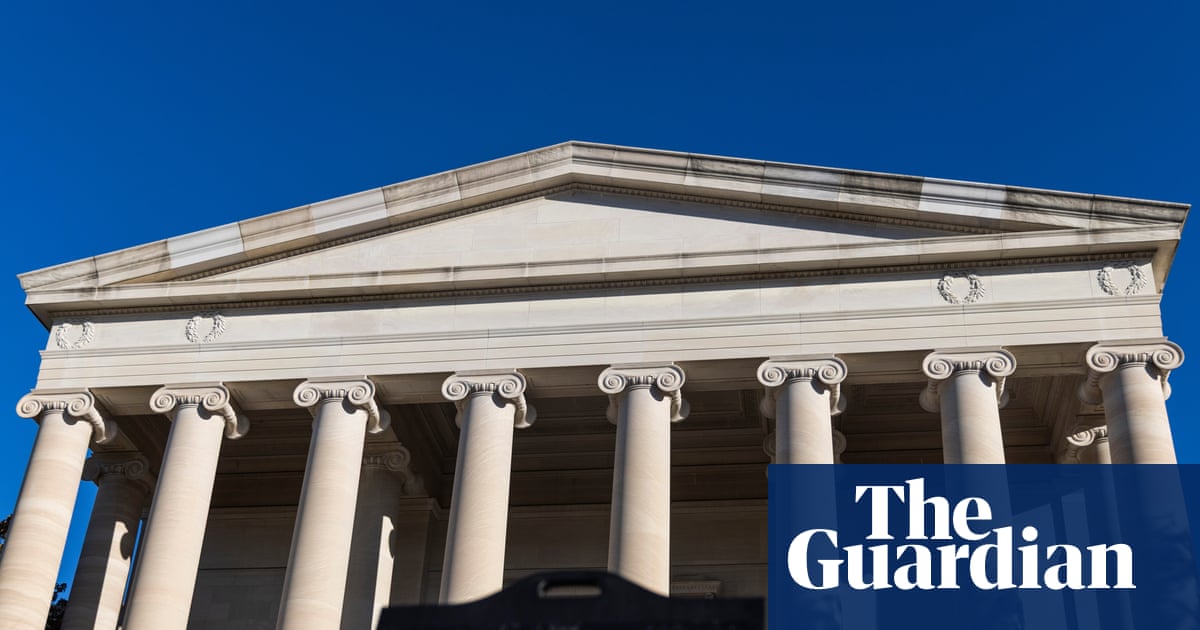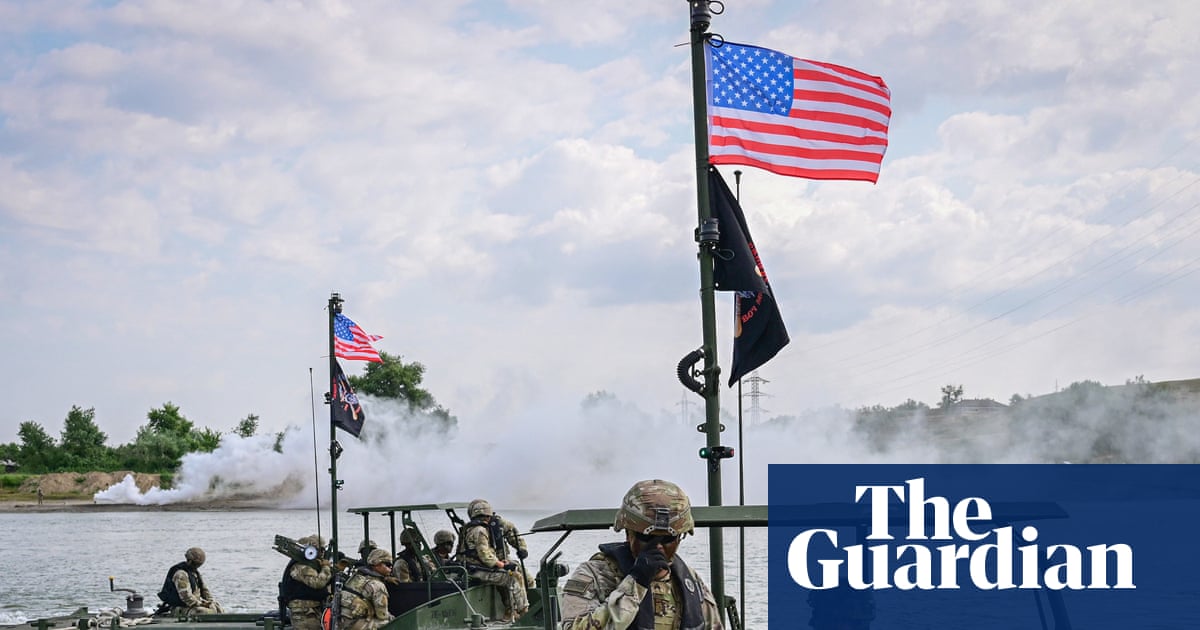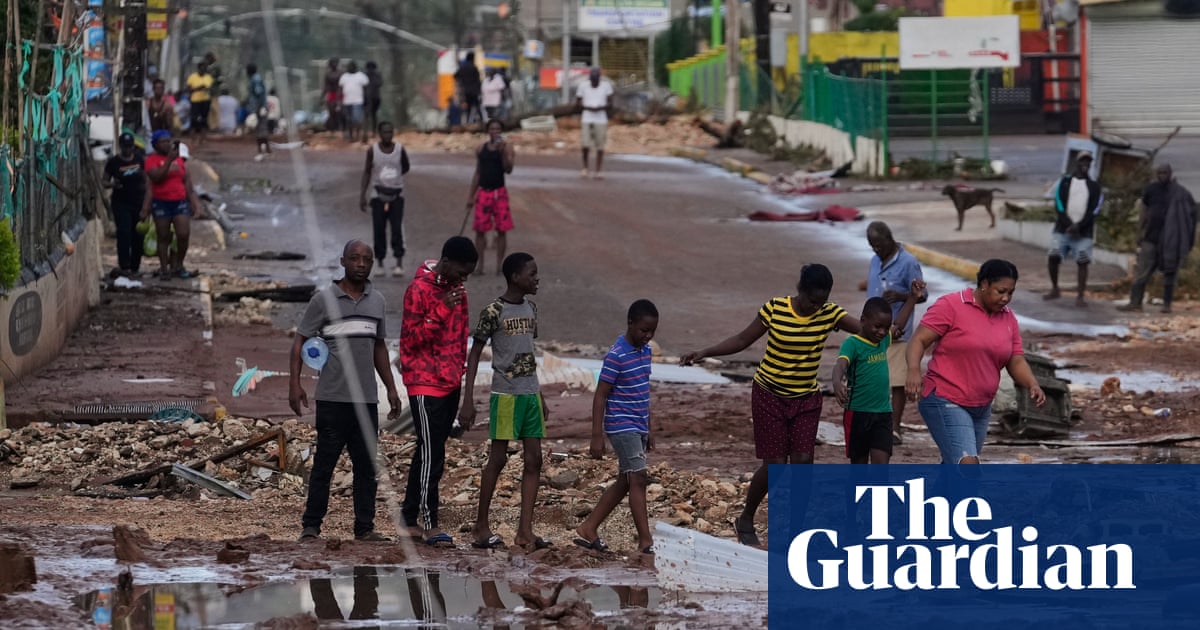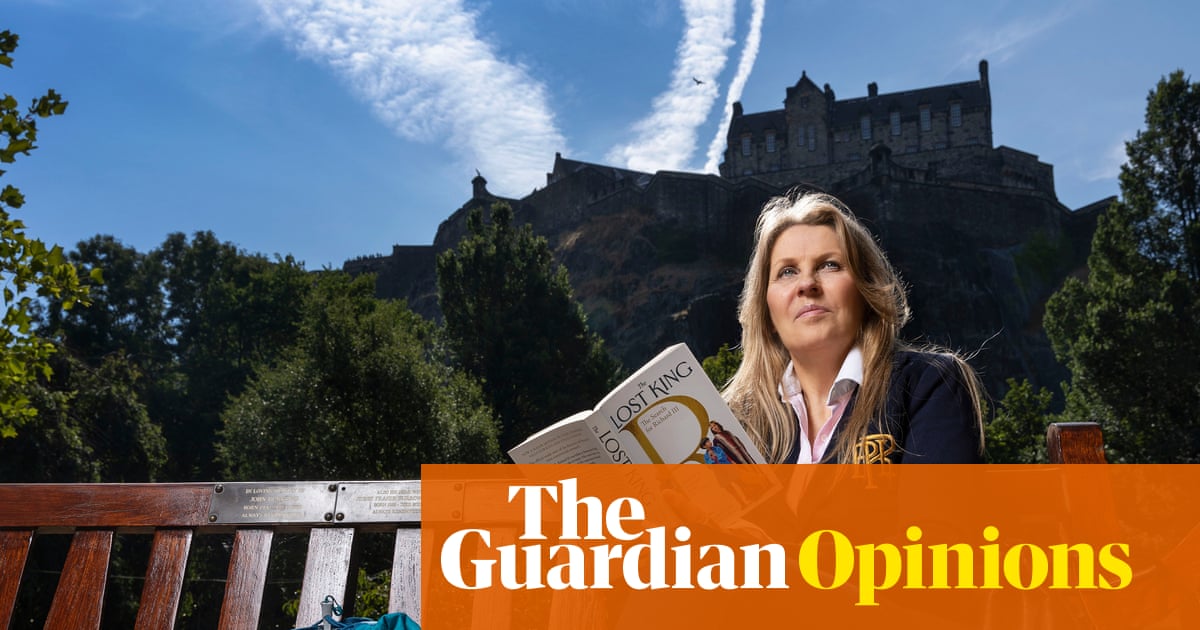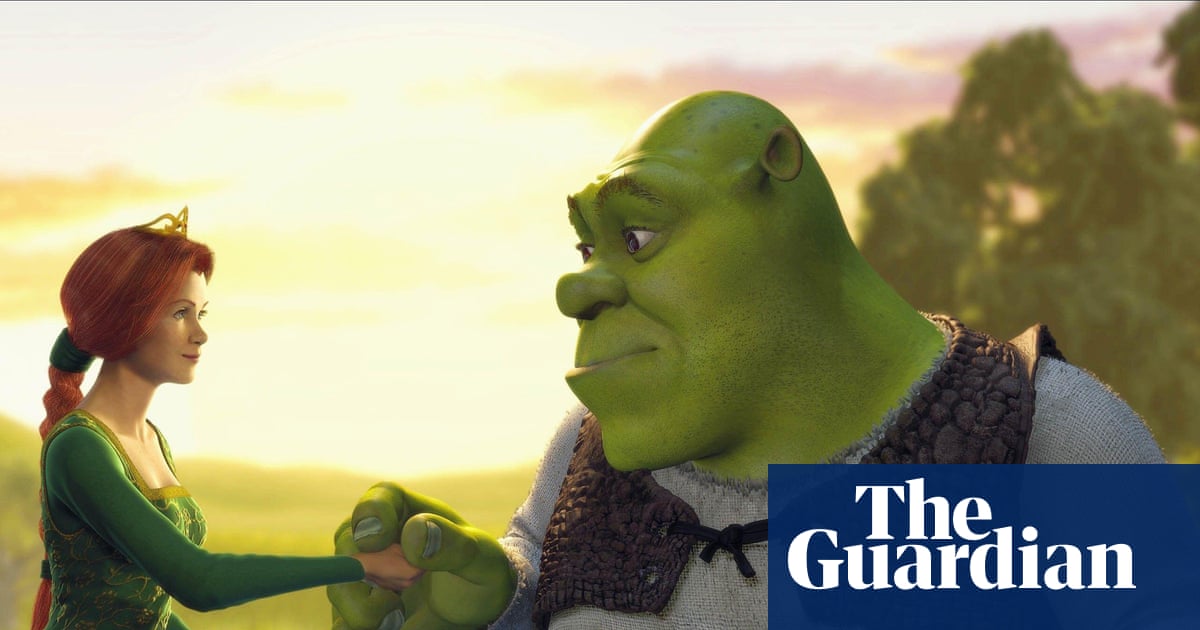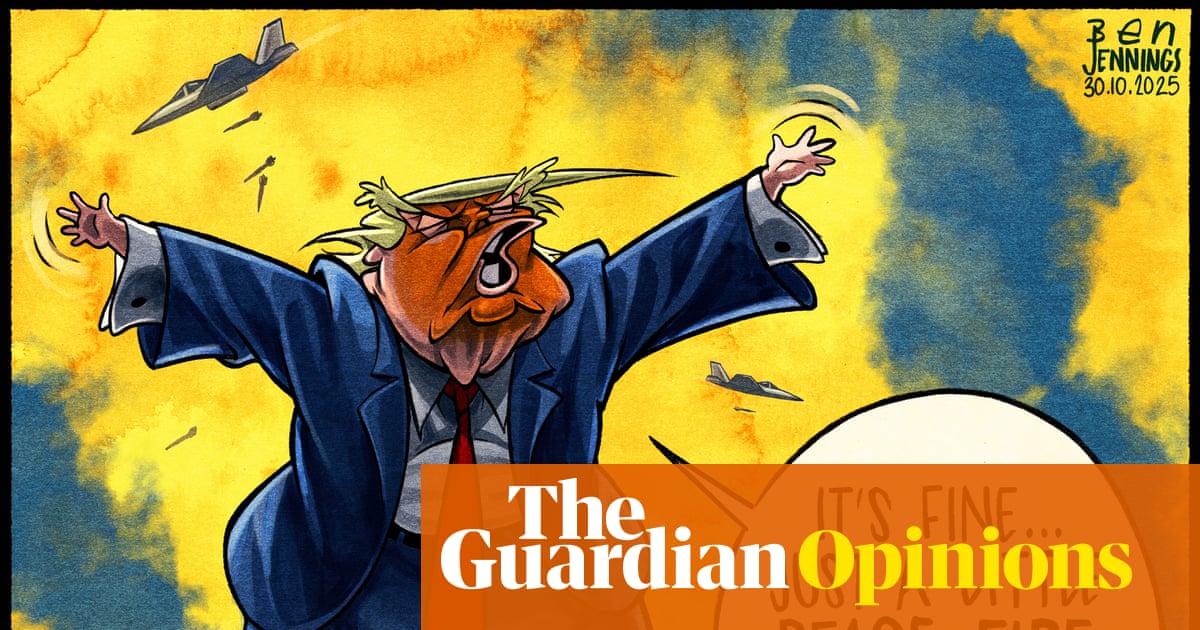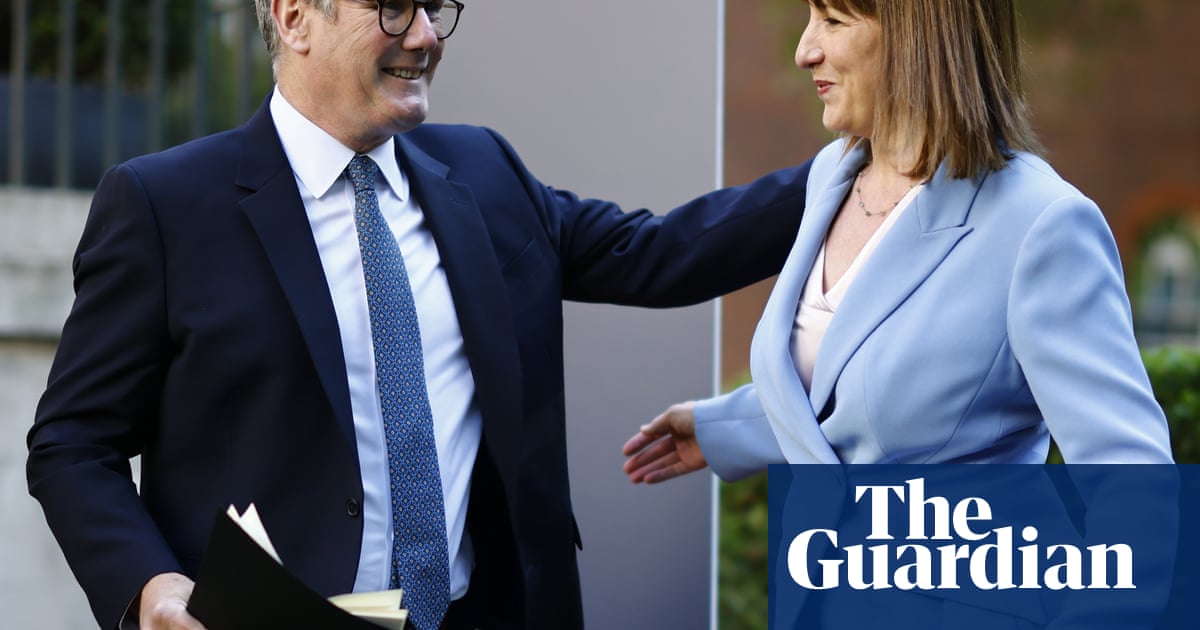Esi Edugyan’s 2018 novel Washington Black is an unorthodox, steampunk-infused account of the era when transatlantic slavery cast a dark shadow over much of the world. Its hero is George Washington Black – or Wash for short – a Black boy of 11, growing up on a Barbados plantation. He becomes the protege of a well-meaning white scientist, Titch (who happens to be the brother of Wash’s merciless master, Erasmus). Together they work on crafting the “Cloud Cutter”, an experimental airship that offers them an escape from the plantation when Wash is accused of murder – but which crashes over the Atlantic during a storm. Spoiler alert: the pair make it out of that episode alive, with Wash fleeing to Virginia, and later Canada.
A Guardian review described scenes from the novel as “[unfolding] with a Tarantino-esque savagery”, and the book doesn’t shy away from graphic depictions of violence and suicide, nor frequent use of the N-word. It is also described as having a “fairytale atmosphere” – something the Disney-owned Hulu homed in on above all else. As a TV series, Washington Black feels less like a grownup drama and more like the sort of quasi-historical show that teachers play to their pupils as an end-of-term treat.

Let’s start with the positives, though. The stunning scenery of Nova Scotia (which also doubles as Virginia) is a constant – a rugged, romantic backdrop to the action. Everyone looks the part, too: Sterling K Brown (also an executive producer) is rarely out of regal purple corduroy as Halifax town leader Medwin Harris, while the English contingent – among them Tom Ellis’s Titch and Rupert Graves’s Mr Goff – are Regencyfied to the max. (If you are a fan of towering 19th-century headgear, this is definitely the show for you.) The cast are excellent, including but not limited to Brown – who can convey so much emotion with the mere quiver of an eyebrow – and Eddie Karanja and Ernest Kingsley Jr, who do just the right amount of emoting as the young and slightly-less-young Wash. It is very easy to watch, and the four episodes delivered to press (there are eight in total) slip down easily and endearingly.
But, really, that lack of friction is a problem. From the mawkish string soundtrack to some of the most heavy-handed dialogue ever committed to screen and the most cliched of death scenes (one character dies while stuttering out their final words and clutching at a stab wound), Washington Black lacks bite.
To be clear, I don’t believe that all productions about slavery have to be laced with unending trauma and pain, and the emphasis on science is a nice departure from the harsh realities of the era. But in sanding down the corners of its source material, it ends up with an almost uncanny feel. It’s not Ellis’s fault, but the idea that anybody – never mind the most enlightened abolitionists of the age – would have answered the question “Is this boy your slave?” with “He’s my friend!” is risible. In fact, watching Ellis as an antebellum-era answer to Chitty Chitty Bang Bang’s Caractacus Potts is a jarring experience. Julian Rhind-Tutt is perfectly terrifying as Erasmus, but – with the book’s darker moments removed – he is a sociopath without a cause. One character simply describes themself as “an unhinged disgrace”, as shorthand for the audience learning why they are unhinged or disgraceful. It didn’t have to be “Tarantino-esque” – but did it have to be quite so PG?
Washington Black is also something of a romance, another area where it wobbles along. Kingsley Jr and Iola Evans – who plays a mixed-race, white-passing noblewoman named Tanna – give it their best shot. But lines such as “We’ll create a world of our own” and “She breathes life into me” feel as if they have been lifted from a bad pop song. By the time we get to “My everything is better with you”, I have begun to feel queasy. Tanna is distraught that her white father has never allowed her to explore the other side of herself, and her maternal connection to Solomon Islands. Unfortunately, we must learn all this through trite dialogue that sounds less like the stuff of a Disney+ drama, and more like the things that Disney princesses – locked in their gilded cages – sing about in their films.
Washington Black comes with plenty of potential and, as an exercise in world-building, it is rich and appealing. But, unlike the Cloud Cutter, this is a creation that never takes flight. The hats really are lovely, but they are just not enough.

 3 months ago
42
3 months ago
42
